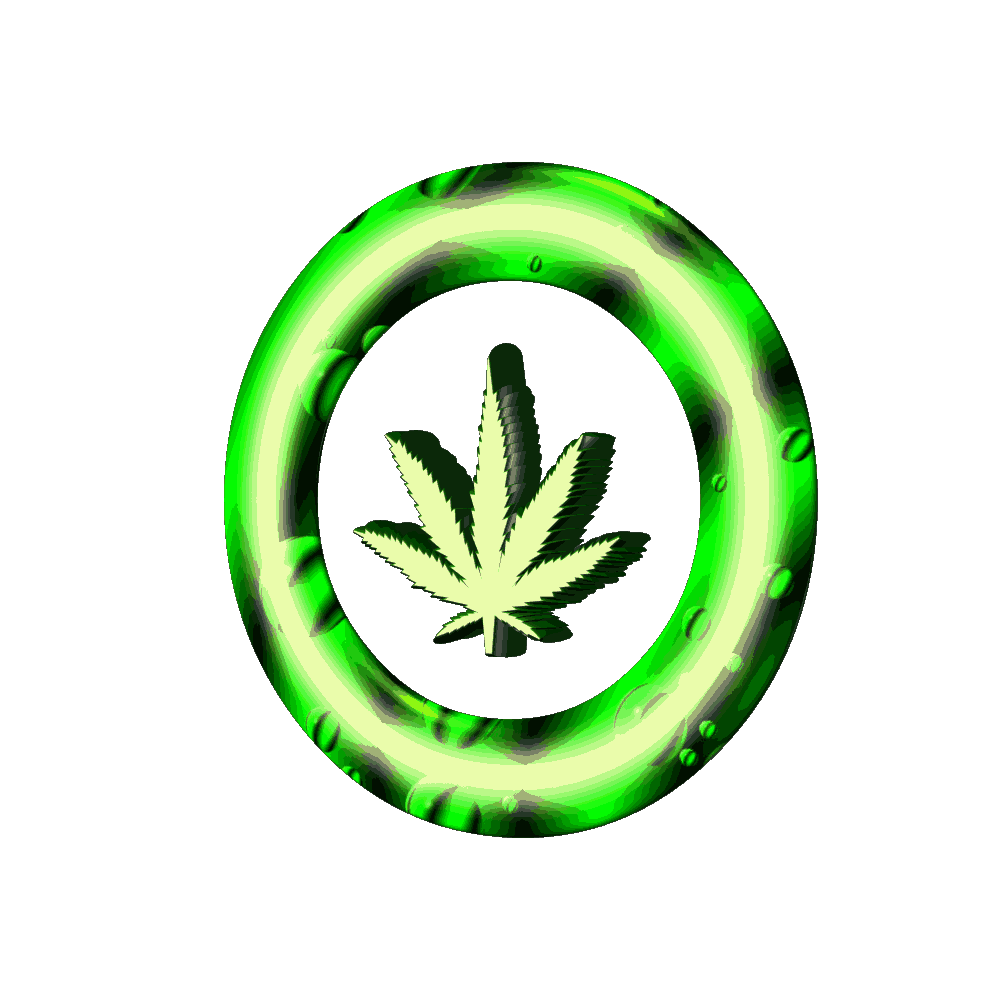
MEDICAL CONDITIONS AND CANNABIS
Depression

Depression is a condition known by a persistent feeling of sadness and loss of interest or pleasure in normally enjoyable activities. Depression is thought to be caused by low levels of neurotransmitters, such as serotonin and dopamine. Typical treatments include councelling and antidepressant medications that act to increase levels of neurotransmitters. THC has been found (under certain conditions) to exert antidepressant-like effects in patients suffering from pain associated with cancer and multiple sclerosis as well as improve mood and general well-being in healthy test subjects.
Epilepsy
Note that Epilepsy is only one among numerous cognative brain ailments that shows positive improvement through the use of Medical Cannabis products.
Epilepsy causes frequent and unpredictable seizures that cannot be cured. Long-term drug therapy can help most patients control their seizures but not all. Studies suggest a role of the endocannabinoid system in seizure activity and seem to support the use of cannabis as an alternative to traditional drugs.


Glaucoma

Glaucoma is considered the leading source of blindness in the world and is caused by the degeneration of the optic nerve. The leading cause of optic nerve damage in glaucoma patients is intracocular pressure (IOP). Studies have shown that the use of medical marijuana can not only help stop the damage caused by IOP but can also help reverse deterioration of the optic
nerve. The combination ofmedical marijuana with traditional glaucoma medication is widely accepted as a positive and effective treatment method.


HIV

Human Immunodeficiency Virus (HIV) occurs when the cells in the bloodstream that make up the immune system become compromised and multiple. The disease attacks the immune system allowing for a person to contract a variety of opportunistic infections. Although there is no cure for HIV yet, there have been many treatment regimens that help decrease the viral-load within the inflicted’s bloodstream and help prevent the virus from reproducing. However, many of these treatments can cause some harsh negative side effects. Medical marijuana is effective in treating the symptoms caused by many HIV medications, including: nausea, lack of appetite, nerve pain, anxiety, depression and insomnia.

“HIV” is the acronym for “human immunodeficiency virus.” It is a disease that attacks the immune system of the body, in particular, the CD4 cells, also known as T cells. These cells help the immune system fight off infections. For that reason, someone with HIV is likely to have other health complications.
Multiple Sclerosis

Multiple Sclerosis (MS) is disorder that directly effects an individual’s central nervous system and in turn causes deterioration with the individual’s vision, hearing, memory, balance and mobility. Although the symptoms of MS vary from person to person, one of the most frequent symptoms is muscle spasticity, a symptom that causes intense pain, spasms and eventually complete loss of functionality. The use of medical marijuana within MS patients has been known to reduce the muscle stiffness and tremors, allowing from
better mobility. Marijuana can also help increase the individual’s balance, bladder control, speech and eyesight. MS similar to Cancer is a disease with various phases of progression and severity. Thus we recommend that our clients gain as much knowledge regarding the variant applicable and not be ashamed to ask questions. MS can be beaten, so don't give up. Cannabis can will show you the way.
Documented facts regarding known benefits of using Medical Cannabis to treat the symptoms of MS

Parkinson’s

Parkinson’s disease is a disorder of the nervous system caused by progressive death of dopamine cells. Major symptoms of this disorder include motor impairments – such as shaking, tremors, slow
movement and difficulty with walking – as well as symptoms of dementia, sensory dysfunction, sleep disorders, emotional problems and neuropathic pain. While dopamine replacement therapies seem to be effective in reducing overall symptoms, treatments that slow the progression of the dopamine cell death have yet to be developed. Researchers have begun to investigate compounds that may be able to protect neurons from death, leading them to take a closer look at medical marijuana.
Pain relief,Spinal cord disease and injury

Many patients suffering from chronic or neuropathic pain gain relief from prescription drugs but not all. One of the most common uses of medical marijuana is for the treatment of chronic pain. Cannabinoids – the medical compounds found in marijuana – have powerful pain-relieving (analgesic) properties. Cannabinoids exert
their analgesic properties through their interaction with the cannabinoid receptors of the body’s endocannabinoid system. Read more here.
Individuals who suffer from a spinal cord disease or injury are often at the mercy of their symptoms. As the spinal cord is the tether that holds together the human body’s central nervous system, many people who are afflicted with an SCD or SCI experience intense pain and muscle spasming and/or stiffness.
Medical marijuana can be used to help alliviate muscle twitching, jerking and spasticity by switching on the nerve receptors in the central nervous system that help to aid in muscle spasm. Cannabis can also be used as a natural pain killer and anti-inflammatory in cases with intense chronic pain as well as an appetite stimulant and sleep aid.


